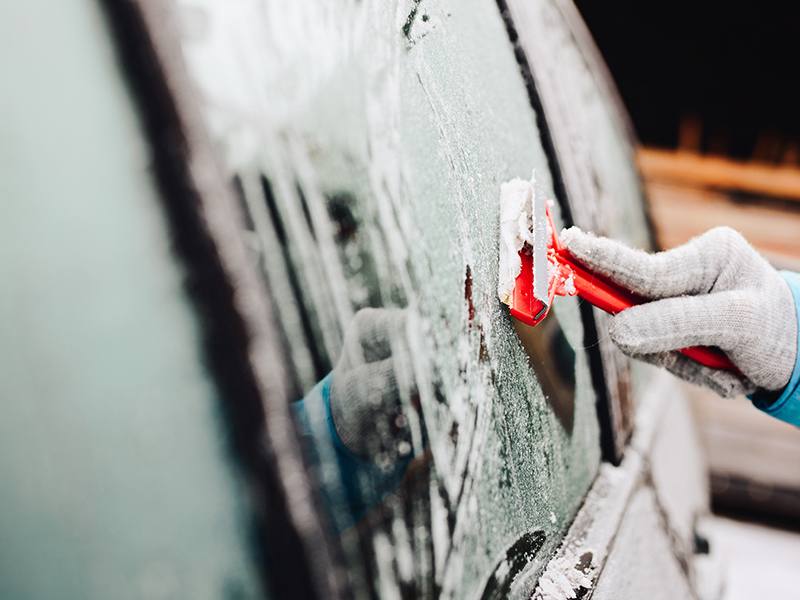Winter driving tips for healthcare workers
By Dan Allard
It doesn't matter whether you're a busy community nurse or your physiotherapy job takes you to different locations, as with many healthcare workers, you'll be facing the daily challenge of driving in the depths of winter. Here are our top tips for staying confident and safe on the road.
Give your car a winter health check
A warning light on your dashboard can be a worry any time of year. But in winter, the last thing you need is to have to make a dash to a mechanic or, worse still, find yourself stranded in the freezing cold or pouring rain. It's a particular concern if you're a nurse, occupational therapist or other healthcare professional, with patients relying on you.
Prevention is always better than cure. So, why not give your vehicle the once over before the worst of the winter weather sets in? Here are a few basic maintenance checks you can do yourself:
Test your battery. If it's seen better days, its effectiveness could be impared by low temperatures.
Check your car's oil and coolant levels. Do you need to add some antifreeze? You can buy relatively cheap antifreeze testers at most car parts suppliers
Check your screen wash reservoir and top up if necessary with a concentrate that's rated for winter temperatures.
Check your tyre pressures and tread depths.
Check all your lights, including the indicators.
Be prepared!
It's a good idea to pack a winter emergency kit, just in case you're unlucky enough to break down. Include a torch (with spare batteries), a first aid kit (of course, if you're a nurse, you may already be well equipped), a warning triangle, jump start cables, a spade (along with something to provide wheel traction on snow eg a piece of old carpet or some salt), a blanket or sleeping bag, bottles of water and maybe some non-perishable snacks. It might also be useful to carry a portable power pack for emergency charging of your mobile phone.
Take time to de-ice
If your car isn't garaged, it's worth getting up a few minutes earlier in winter to give you time to clear any ice or snow off the vehicle and get it warmed up for the journey. Don't be tempted to try and drive with limited visibility, even just for the first few miles. Make sure you have an ice scraper or are well stocked with de-icing spray. It might also be worth investing in a thermal windscreen protector.
Drive with extra care
Community nursing jobs and other itinerant healthcare roles often involve busy schedules. You may feel time pressured, but it's important to match your speed to the weather and drive super-carefully in wet or icy conditions. Better to get to your patient a few minutes late than not at all. If the weather conditions are extreme, they'll understand. Make sure you listen to the forecast and, if possible, plan your journey to avoid potential blackspots such as steep hills or windy rural roads. If the conditions are really dangerous, try to rearrange your calls for another day.
